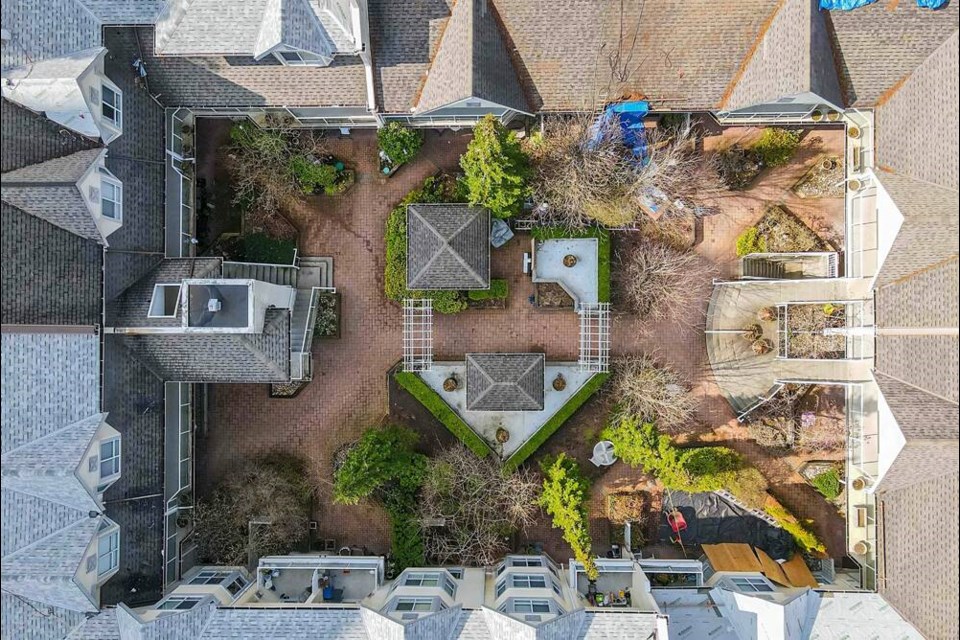Little did Otavio Padovani know when he bought his first property in Burnaby’s Metrotown area five years ago that he’d be working with artificial intelligence (AI) for his second.
But with advancing technology and the rollout of AI tools like ChatGPT, the real estate game has changed altogether.
Padovani, coming to British Columbia from Brazil, remembered the first house he purchased in the country; it was an older one-bedroom condo in Metrotown area he purchased five years ago for $410,000.
Prior to his purchase, all his questions, requirements — about neighbourhoods, prices, safety, etc. — pertaining to his first home in Canada were directed at his Realtor, Richard Morrison.
But in the past five years, much has changed.
Housing prices have skyrocketed, more developments are springing up in the area, and Padovani himself, on the hunt for his second home, was now directing the questions he once directed at the Realtor to the new AI-powered tool, PropertyIQ, developed by Morrison and his team.
For Padovani, switching to AI in the initial stages helped him cut down on the reliance he had on his Realtor, he said to the NOW — whether it’s comparing prices, finding out about the neighbourhood or getting details about the property, driving informed decisions.
It is like chatting with a Realtor, but not exactly.
Morrison, who is a Realtor operating out of Burnaby and Vancouver, said the motivation to develop the tool was to make it more accessible for homebuyers and sellers.
The free, accessible tool was developed by his team using existing multiple listings service (MLS) data that their website has been harvesting over the past five years, he said, to provide a comprehensive analysis for the homebuyers and sellers.
Which means, about half a million data points in the Lower Mainland, he added.
“It gives insightful intelligence about each property,” Morrison said. “For instance, if you’re looking for a two-bedroom condo in the Metrotown area and you [narrow down] on that condo, you can ask the [the tool] questions like what’s the history of this building? What are five non-obvious insights that you can derive from this property? [The tool] will then go and study all of these data points and come back with five insights about the property.”
Starting in August, they’re going to incorporate the “sold data” from the Real Estate Baord to offer more accurate data, he added. “It just gives you all this information as if you were speaking to a realtor looking at the property at that time.”
But while AI is changing the real estate game, which Morrison has outlined in his blog post, the tool like his cannot replace Realtors just yet, he said. A sentiment, buyer, Padovani resonates with.
“It’s a nice assistant-like tool. It doesn’t replace an agent, because they still have to negotiate the price of the property — a robot cannot do that,” Morrison said. “You still need someone to show you the property physically. Someone that knows the ins and outs of the legalities.”
“[The tool] doesn’t fully replace Richard yet. But it does help [answering] simple questions about the area and things like that,” Padovani said. “I still have to reach out and double check data. And there’s still some questions that I feel like the AI wouldn’t be able to properly answer but for everything else the AI is good.”
Morrison, meanwhile hopes people can take advantage of this tool while he works on improving it in the back-end — including the possibility of venturing into virtual reality (VR) or augmented reality (AR) that would be beneficial for homebuyers to visualize.



